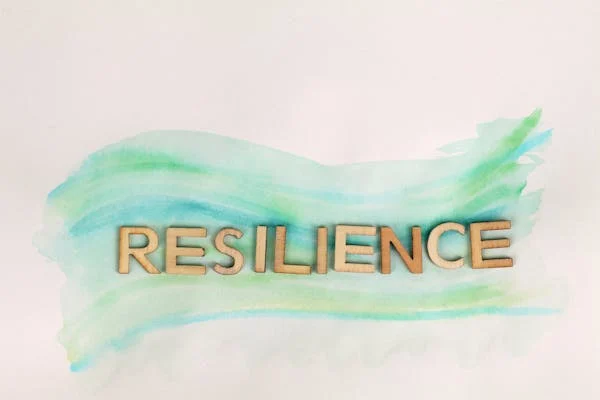The Exhaustion of Resilience
The Exhaustion of Resilience
Resilience has long been celebrated as a virtue, especially among Black women. However, the perpetual soundtrack of being ‘strong’ and ‘resilient’ can mask a more complex narrative—one where the pressure to constantly exhibit strength becomes a burdensome expectation rather than a true reflection of inner power. Resilience is so deeply nuanced, that because of all the nonsense that it can mask, it is often thrown about as a huge blanket under which much ill is swept and hidden.
Unpacking Resilience (by no means an exhaustive unpacking 💀)
Academic studies have often highlighted the concept of the “Strong Black Woman” as a coping mechanism that helps Black women navigate the systemic inequalities and personal challenges they face. Researchers like Cheryl Woods-Giscombé have pointed out the “Superwoman Schema,” (I love it!) which encapsulates an obligation for women (especially Black women) to present as strong and self-sacrificing. While this schema can provide a source of empowerment, it also leads to significant stress, contributing to both mental and physical health disparities among Black women. The pressure to always appear resilient can suppress expressions of vulnerability, which in turn, might hinder authentic emotional support and care.
Some Historical Roots
The Bible Weighs In
The concept of resilience can be seen in the biblical
narratives of women like Hagar, a slave who endured mistreatment by the people
in authority around them, including another Black woman – Sarai/Sarah. Hagar
was also the recipient of divine promises (Genesis 16). The story of Hagar is
often revisited in womanist theology as an emblem of the God-given strength to
endure hardships. However, womanist theologians like Delores Williams and
Emilie Townes encourage a reading that also recognizes the cost of this
endurance. They point out that resilience should not be romanticized when it
stems from systemic oppression.
The Tolls
Constant resilience, or the constant need to be resilient, takes a toll. Psychologically, the burden of always being strong can lead to what is known as “John Henryism”—a high-effort coping mechanism linked to various health issues, such as hypertension and depression. Socially, when Black women internalize these expectations, they may avoid seeking help or expressing vulnerability, isolating themselves in their struggles. The narrative of strength often leaves little room for the community to see and alleviate their burdens. Then the bill comes due and wreaks havoc on our psyche. With that also comes the gas-lighting which makes it more difficult for Black women to name their pain. All of this is made worse when seeking help is stigmatized as it is in some Black communities.
What Now?
So, there is a need to redefine resilience. Redefining
resilience involves embracing vulnerability as a strength. It requires shifting
the narrative from individual resilience to collective support and systemic
change. Communities and allies can help by recognizing the full humanity of
Black women, not just their capacity to endure pain but also their right to
express vulnerability without judgment or censure.
We are exhausted. The exhaustion of resilience among Black women is a call to all of us to look deeper than the surface of celebrated strength. It invites a more nuanced understanding and response that acknowledges the historical and systemic origins of this resilience while advocating for a world where such resilience is no longer a requirement for survival but a choice for personal growth. We can also create spaces where the stories of Black women are fully heard, our burdens genuinely shared – not shushed, and our well-being holistically supported.
#resilienceexhaustion #hearherstory #blackwomenwellness #resilience #mentalhealth #exhaustion









Comments
Post a Comment